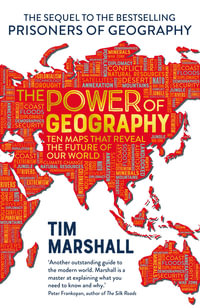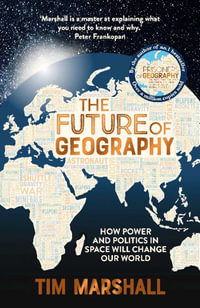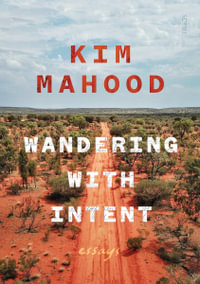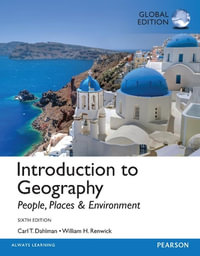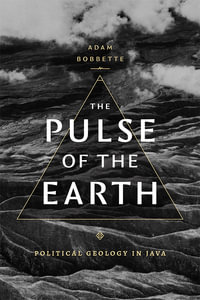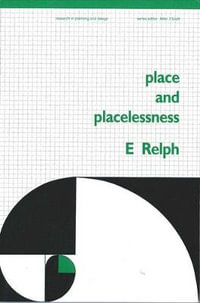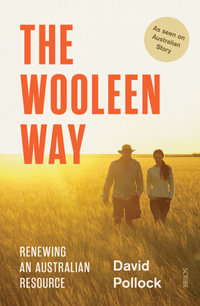This unique book examines the vital and contested connections between colonialism and tourism, which are as lively and charged today as ever before. Demonstrating how much of the marketing of these destinations represents the constant renewal of colonialism in the tourism business, this book illustrates how actors in the worldwide tourism industry continue to benefit from the colonial roots of globalisation.
This interdisciplinary book focuses on the relationships between tourism, colonialism and place, in both historical and contemporary periods. Chapters explore cases of tourism and colonialism in locations across the globe, from colonial Korea and French Indochina, to colonial Australia, U.S Tourism in the British West Indies, heritage tourism in Mozambique, and city branding in Dunedin. Expert contributors analyse the motivations and impacts of colonial tourism, investigating such diverse topics as the Chinese tourist rush to Taiwan, issues of displacement at wildlife sites in Zimbabwe, the impact of tourism on Indigenous peoples in Hawaii and the pursuit of Macanese identity and re-colonisation.
Excavating the range and diversity of colonialism at work in tourism across a wide variety of global destinations, Colonialism, Tourism and Place will be an illuminating read for students and scholars interested in tourism and development, heritage studies, and social, cultural and human geography.
Industry Reviews
'Vividly interrogating colonial tourism's hierarchies, this book explores the centuries of Eurocentric global expansion that shape these tourism attractions along with the resistance and critique they provoke. It also provides a fresh refocus on nationalism, identities and power through the comparison to Japanese and Chinese imperialist tourism. Intersecting commonalties include subaltern exploitation by dominant racial/ethnic groups, imaginaries of nostalgic compliance, and erasure or valorization of colonization's violence which are brought together in a rich sourcebook of case studies that expand our knowledge of coloniality in tourism.' --Margaret Swain, University of California, Davis, US
'This innovative collection embraces the ''spatial turn' in the humanities and adopts a topographical approach to explore the powerful associations between cultures and societies, colonialism and space. The capacity of the various humanities is particularly welcome for decoding the power of colonial and post-colonial representations through the medium of tourism. The editors deserve commendation for assembling a highly stimulating volume that brings fresh theoretical approaches to the study of tourism and connects diverse settings with a genuinely global perspective.'
--Brian King, The Hong Kong Polytechnic University, Hong Kong
'A fascinating scholarly work that allows readers to re-examine colonialism in all its guises. Themes of dispossession, the annihilation of indigenous culture and re-colonisation are explored. The numerous insights in this book highlight the remarkable global reach of colonisation showing how as one colonial power declined, another emerged. The remnants of colonialism now create a level of familiarity for travellers to connect with a sanitised past.'
--Barry O'Mahony, Abu Dhabi University, United Arab Emirates and Swinburne University of Technology, Australia








